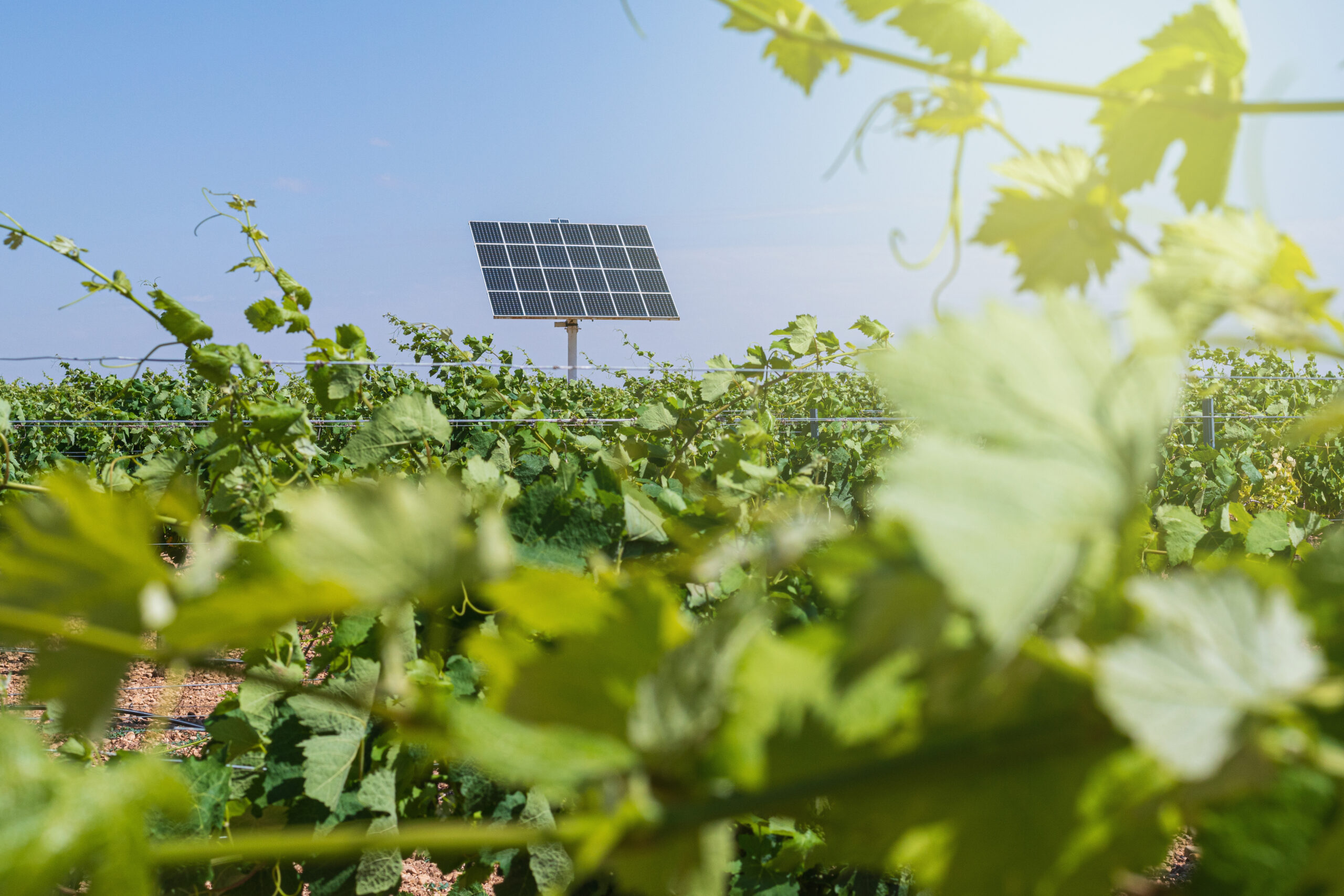The Cape winegrowing regions, located within the narrow viticultural zone of the southern hemisphere, predominantly enjoy a Mediterranean climate. With mountain slopes and valleys that provide an ideal habitat for the wine grape Vitis vinifera. The products made from these grapes have been a source of pleasure for centuaries. Thanks to the long, sun-drenched summers and mild, wet winters that create optimal conditions. Vineyards of hope is an idea of an energy equilibrium in winemaking for viticulture in the Cape.
Following the advent of democracy in 1994 hence the South African wine industry has experienced significant growth along with exports reaching 368.5 million litres in 2022. Presently, more than 2,487 farmers cultivate approximately 89,384 hectares of land dedicated to vineyards. The wine industry employs around 269,096 people, both directly and indirectly. In 2020, the annual harvest yielded 1,342,112 tons (equivalent to 1,042.0 million litres), with 86% of the production used for wine.
The wine production process requires significant energy consumption and results in a considerable emission of greenhouse gases. With the prospect of a forthcoming carbon tax and increased consumer consciousness about energy conservation, there is a rising focus on assessing the energy efficiency of South Africa’s wine industry.
The Wine Industry is making efforts to assess its carbon emissions performance. Interestingly significant variations in carbon footprints were observed among different wines. Viticulture and bottling processes are the primary contributors to the carbon footprints of wine production. Within the bottling stage, the production of glass bottles is the main hotspot in terms of GHG emissions. Within the viticulture stage, diesel consumption stands out as the primary hotspot in terms of carbon emissions.
It takes approximately 2,618 GJ of energy to process one ton of grapes into the finished product. This equates to over 700,000 kWh of electricity to process a ton of grapes. That is the consumption of 60 middle class homes per year.
Power Solutions for Wine Estates
Numerous vineyards in South Africa are transitioning to solar-powered systems. Contrary to certain misconceptions, adopting eco-friendly practices does not lead to reduced efficiency. On the contrary, many ecologists who have made the switch to solar power are witnessing reduced production costs and increased yields. The potentials and advantages that solar-powered systems offer to viticulture deserve acknowledgment and further exploration.
Complimentary technology such as vineyard irrigation systems, can additionally be optimized to run on renewable energy, thus consequently enable farms to reuse some of the wastewater, thereby achieving a better ROI on CAPEX and thus higher crop yields. Vineyards of Hope: our own energy equilibrium for winemaking globally, is a competitive sector that creates roughly R9.9 billion worth in exports and employs over 265 000 people.

